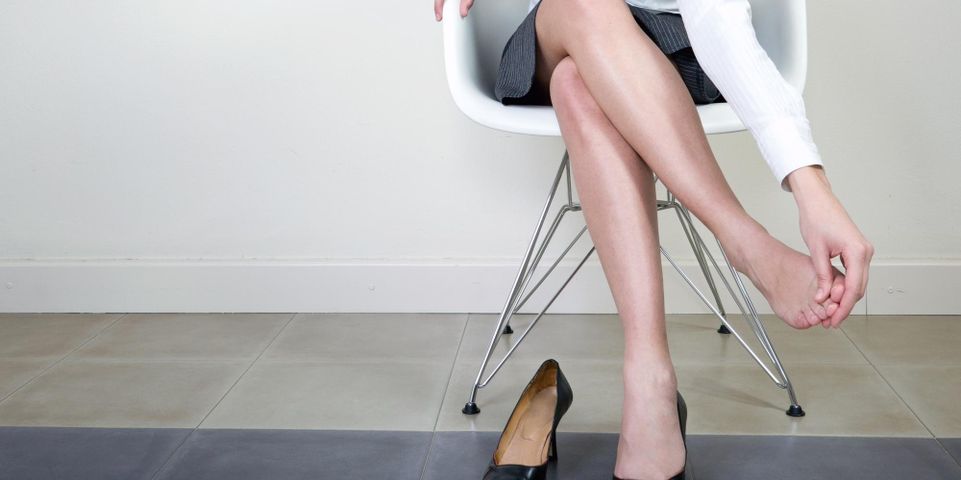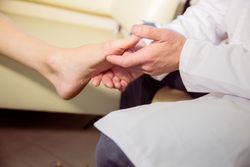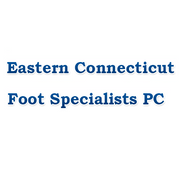
High heels can be a fun, cute, or classy fashion statement, but if you wear them too much, they can also begin to affect the condition of your feet. The human foot isn't designed to maintain an arched position or support the full body weight on the ball of the foot for extended periods, leading to foot pain, injuries, and changes in the foot structure. Here are a few of the most common issues you may encounter and what you can do about it.
Health Concerns From High Heels
 The most common problem associated with heels is foot pain, which can range from temporary aches to the sharp pain of stress fractures. Ankle pains and sprains or a broken ankle are all possible conditions. Over time, you may develop hammer toe, a condition that makes your toes curl downward due to problems with muscles, joints, and ligaments. Your entire leg will also have to work harder, so you may experience soreness in muscles and joints beyond the foot.
The most common problem associated with heels is foot pain, which can range from temporary aches to the sharp pain of stress fractures. Ankle pains and sprains or a broken ankle are all possible conditions. Over time, you may develop hammer toe, a condition that makes your toes curl downward due to problems with muscles, joints, and ligaments. Your entire leg will also have to work harder, so you may experience soreness in muscles and joints beyond the foot.
What You Can Do
Limit your time wearing high heels, especially if you’ll be walking around. If you must wear heels, opt for lower ones with a wider, sturdier base. While you're wearing heels, take the time to periodically stretch and flex your legs and feet.
Visit your podiatrist if you’re experiencing foot pain, hammer toe, or other issues due to excessive high heel use. They may be able to suggest stretches and exercises to ease pain and reverse hammer toe, as well as offer treatment for fractures.
If you're experiencing foot pain, contact the skilled team at Eastern CT Foot Specialists. This local business has served New London and Windham Counties for over 25 years, offering joint mobility exercises, diabetic foot care, heel pain, toenail treatment, and bunion removal. Led by Dr. Edward M. Tarka and Dr. Ezra J. Dottino, these experienced podiatrists will provide the relief you need and have a longstanding affiliation with Backus Hospital and River Valley Ambulatory Surgery Center. You can schedule an appointment at one of their two convenient locations by calling (860) 887-3538 to reach the Norwich office or (860) 456-9593 to contact the North Windham location. Learn more about their treatment options online.
About the Business


